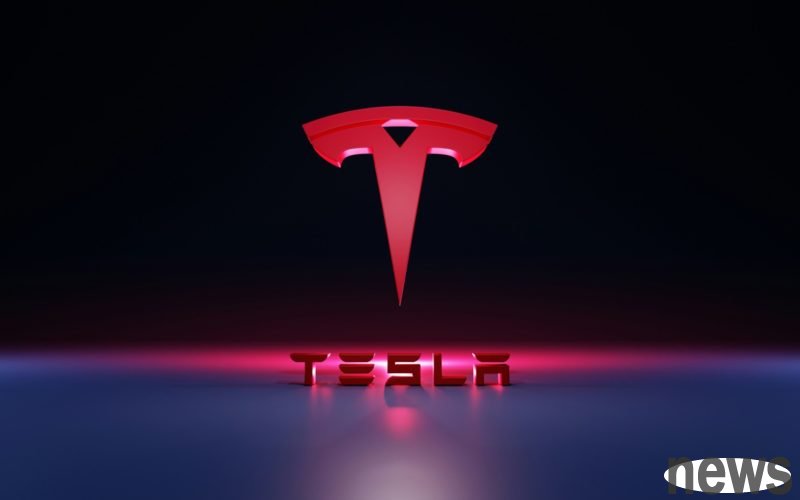
Electric vehicle manufacturer Tesla has recently signed a $1 billion AI6 chip production agreement with Samsung Cylinder Foundry. According to the forecasts of Korean market analysts, Tesla's 2-nanometer-degree AI6 chips will enter the large-scale production stage in 2028, and the peak production capacity is expected to appear between 2029 and 2032.
Korean ETNews reports that Samsung has begun preparing AI6 chips, but the initial design is mainly to focus on the next generation of Optimus humanoid robots and Dojo FSD supercomputers, rather than electric cars. Tesla executive chief Mask said at the last financial conference that all Tesla products that require chips use the same AI6 chips, such as cars, robots and Dojo computers.
He also mentioned that Tesla cars will be equipped with next-generation automatic driving hardware at the end of 2026, and the AI5 chip has excellent performance, which may cause conflicts with the US government's AI computing power export control. Tesla's choice of Samsung this time is likely due to the price and product quality considerations, and Tesla is not a core customer of Taiwan Electric. Samsung also allowed Tesla to jointly develop AI6 chips, and Mask even said he would go to Samsung Taylor's factory to check the production lines in pursuit of optimization and cost reduction.
For Samsung, this pen transaction is undoubtedly a good opportunity for OEM business. Samsung's own Exynos chip heat dissipation management has encountered challenges and is more beautiful than the NTD Qualcomm Dragon Series. Samsung's 2-nanometer GAA yield is not good, but now it has raised its low water level to about 40%, and after the new equipment is installed in 2026, the yield rate of Taylor's factory can reach more than 60%.
However, if Samsung's crystalline foundry fails to meet its target, Samsung may even be in absent-minded production of Tesla AI6 chips at a cost. But the report said that Tesla orders are still valuable because they will help break the tide of NTEM's advanced production process.
